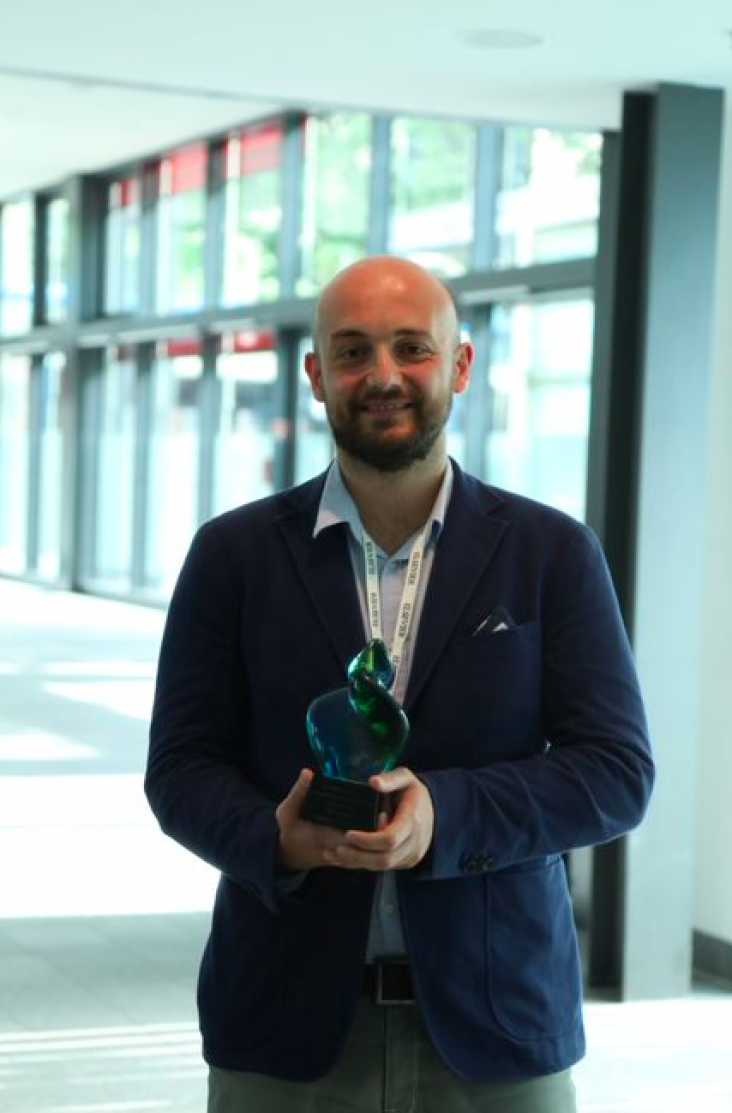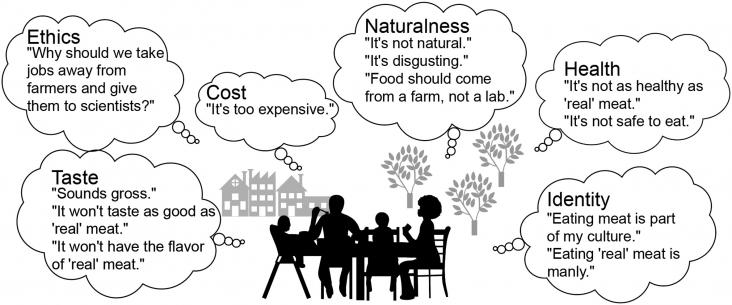Landscape fragmentation and farming can affect the diversity of plants and pollinators harbored by linear landscape elements (LLE) in agroecosystems.
Wolf-Peter Schill is Deputy Head of the Energy, Transportation, Environment Department at the German Institute for Economic Research (DIW Berlin), where he leads the research area Transformation of

In 2018, Dr. Alessio Adamiano, a researcher for the Italian National Research Council at the Institute of Science and Technology for Ceramic Materials, was awarded the second prize of €25,000. Contributing to SDGs 2, 13 and 14, his project, “Phos-Fate: Empowering fishing communities for climate change”, demonstrated how phosphorous can be recycled in a simple, scalable way by converting fish bones into products such as fertilizers. Two years later, we interviewed Dr. Adamiano about his experience at the Challenge, as well as the upcoming steps for his project empowering fishing communities for climate change.
This paper highlights the impact of plastic polluntion in Nigeria and the urgent need to recycle plastics to create wealth opportunity.
Solar light-driven water splitting provides a promising way to store and use abundant solar energy in the form of gaseous hydrogen which is the cleanest chemical fuel for mankind; therefore this field
CeO2 shows unique catalytic properties by an acid–base bifunctionality as well as redox properties.
Manufacturing challenges are anticipated to become worse in the coming decades owing to global material and energy constraints combined with environmental issues associated with conventional processes
Agriculture consumes huge amounts of water in China and is profoundly affected by climate change. This study projects the agricultural water use towards 2030 under the climate change mitigation target at the provincial level in China by linking a computable general equilibrium (CGE) model and a regression model.
Climate change requires joint actions between government and local actors. Understanding the perception of people and communities is critical for designing climate change adaptation strategies.

